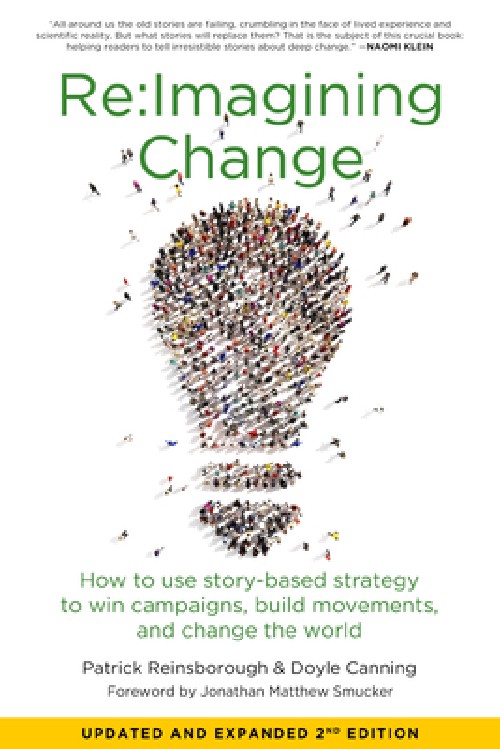This past week I encountered two wonderful things about the hard work of reporting, noted here for my future reference.
First, Anne Helen Peterson has a Tiny Letter where she works to show her process and how she puts together the work. Each installment is fascinating, but this jumped out at me from her most recent piece. She is a reporter for Buzzfeed, far and wide painted as a “liberal” source, and she was trying to report on an extremely far right faction of the GOP. Trust was not present at first, and so she had to work hard to earn it. This is what she said:
I showed I was committed, and that commitment is part of what eventually convinced more members of the group currently in power to speak with me. That included Brent Regan, the head of the committee. He refused to meet in person, because, as he told me, the press has distorted his words and misquoted him in the past. But he did agree to respond to questions by email. I also told him that I would link to our full correspondence, in case anyone wanted to see the full context of our conversation. It’s something I think I’ll do more and more: no journalist can include every single part of every conversation they have over the course of reporting; the “craft” of journalism is figuring out what to include, what to synthesize, what to quote directly. But the current distrust in the press is rooted, at least in part, in a misunderstanding of how that process works — or a conviction that it works in way that’s biased. Recently, the New York Times and other national outlets have taken to printing transcripts of interviews with Trump in their totality. My subjects aren’t the President, and this certainly is not appropriate in all cases, but in some — like when in correspondence with someone who is dubious of my ability to get the story right — it serves a crucial function.
Second, I finished reading Matthew Desmond’s book Evicted, which destroyed me. I’ll have more to say about it eventually, but for the moment what is relevant here is what he said about the things he learned while he spent a few years living in the poorest areas of Milwaukee to report on housing and poverty. Even though he lived next to the people he was reporting on, in the same situation as them, he found
It takes time too, to be taught how to notice things by people like Keisha, who have learned when to listen and what to look for. The people I met in Milawaukee trained my visiion by modeling how to see and showing me how to make sense of what I saw. Still, I know I missed a lot, especially in the beginning, not only because I was an outsider but also because I was constantly overanalyzing things. (…) Our ideas allow us to tame social life, to order it according to typologies and theories. As Susan Sontag has warned, this comfort can “deplete the world” and get in the way of seeing.
When it came time for Desmond to turn his years of reporting and research into a book, here is what he did:
When I left the field, I began the long process of transcribing the recorded material. Some people helped me with this, but I did a significant amount myself. After everything was down on paper, my notes spanned over five thousand single-spaced pages. I began poring over the words, calling up photographs, and listening to recordings on my way to work or when rocking my newborn to sleep. I read and reread everything several times before I felt ready to begin writing. I wanted to be as close to the material as possible, to experience a kind of second immersion in the words and scenes.
These quotes from Desmond are from the end section of Evicted called “About this project”. The entire section was illuminating. It’s endlessly fascinating to me to understand the labor that goes into writing. Both Peterson and Desmond are extremely good at their craft and thus the end products of their writing do not tip off the amount of work they do behind the scenes. It’s lovely and generous then, that they have chosen to show the work so others who seek to put out similarly excellent work into the world can learn.



